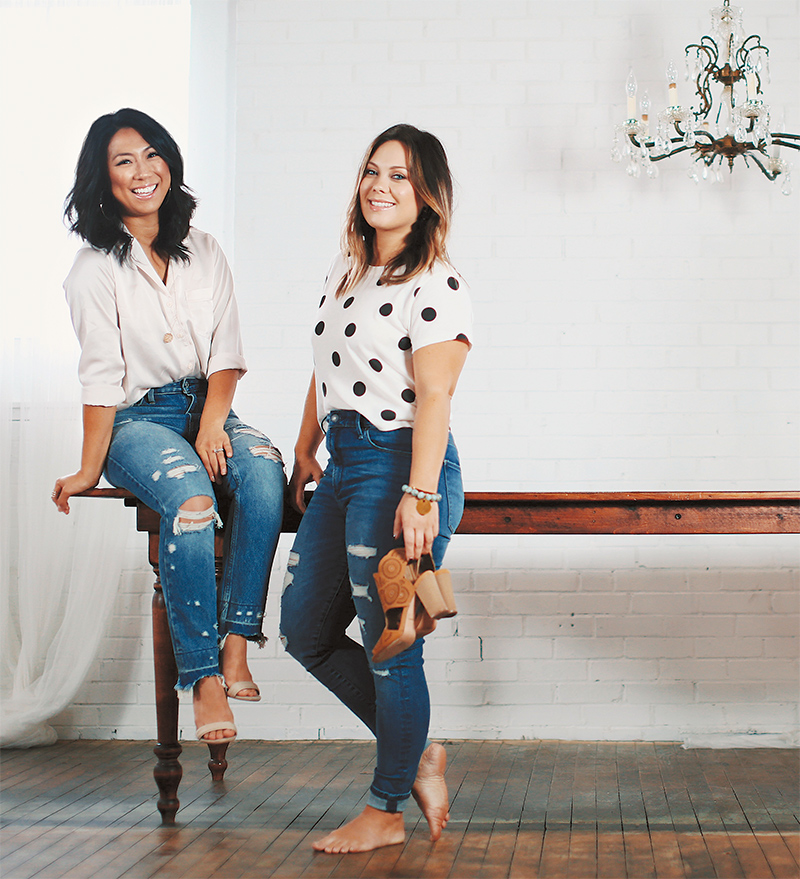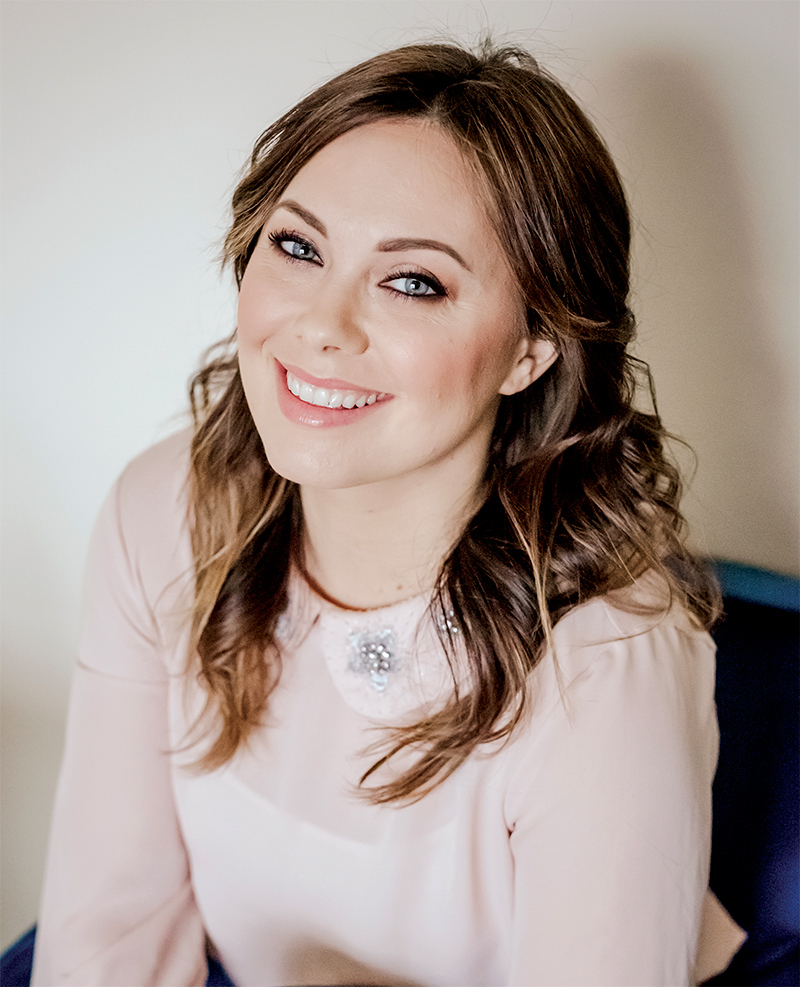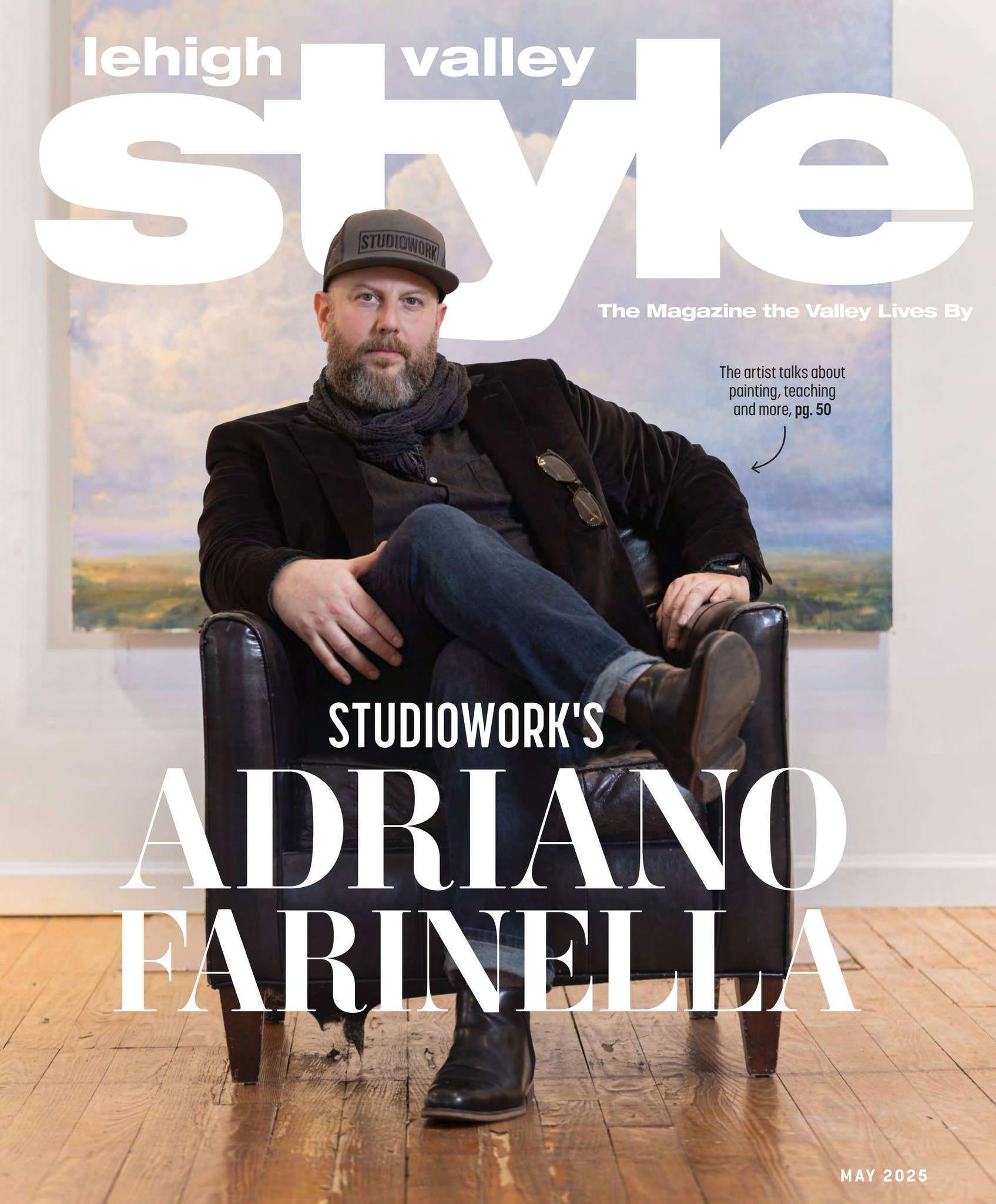“So many women crave friendship but don't have it,” Michaela Parlett laments. She started the nonprofit eight/SEVEN with bestie Mary Engh when their own tight friendship inspired them to create opportunities for other women to develop authentic connections. Women or otherwise, those of us perplexed by the puzzle of building friendships as an adult will find Parlett's insights inspiring.
A Paling Priority
For youngsters thrown together with other kids, making friends just sort of happens. Parlett watched her eight-year-old daughter on the playground display a child's straightforward approach: “She walked up to a girl and said, ‘You're wearing red, I'm wearing red—can we be friends?'”
By the time we're adults, we've been burned enough to be wary, and the priorities of life pile up in front of friendship. Romantic relationships, work and family all seem to get more attention than friendship, despite its potential to boost our health and happiness. In fact, good buds help us through the ups and downs of our work, family and love lives!
“So often women become someone's wife or mom,” Parlett says. “We wear a lot of labels and forget who we are when we strip the labels off.” Good friends are there for the you underneath.
The Definition of Friendship
Parlett spent time listing the characteristics she values in a friend, including being willing to hurt her feelings rather than be a yes man, having good character and giving grace through inevitable struggles and mistakes.
Anything is easier to achieve when we understand what it is. Try thinking through what you value in friendship and making a list of five traits, and you'll not only be more likely to discover them in others, but to provide them yourself.
Friendship at its realest means sharing the part of life that's probably not getting posted on social media: the raw and vulnerable aspects of our lives that are made easier when we can share them. It's work to build any relationship to that point, but so, so worth it.

Making and Maintaining
Venturing outside the friends of convenience that we make at work often means stepping outside your comfort zone. Find events that might draw folks with common interests, and look at your community like you just moved in. Explore it.
“I'd never done group fitness when I walked into barre3 a couple years ago,” Parlett says. “It was super intimidating, but I made so many good connections and friends.”
Take some pressure off yourself by letting relationships form organically. It's OK if you don't make friends overnight.
As life gets scheduled, time with friends tends to take a back seat, but Parlett says the intention to stay connected makes all the difference. “At the beginning of every month, I look at my calendar, think how many people I want to connect with, and who, and reach out and schedule it right away.”
Even if your effort isn't this concerted, a little goes a long way. Just making a phone call or texting someone when you randomly think of them adds up.
Banal Pals and Frenemies
Sometimes being afraid of rejection means holding on to relationships that are no longer healthy for us. “When a friendship feels one-sided,” Parlett says, “that's one of the biggest signs.”
Being patient is part of being a good friend, but our intuition tells us when something's not right. If you feel judged or exhausted in a relationship, take the hint. “Tapping into your intuition is an important skill and a muscle. You have to start using it for it to get better,” Parlett says.
You become like the five people you spend the most time with. If that thought gives you pause, maybe your intuition is telling you to switch things up. It's natural, especially for women, to feel guilty about allowing oneself to outgrow a friendship or gravitate towards new faces, but it's OK to choose how to spend your limited time and energy. As Parlett points out, “You can love people from afar.”
Begin Within
The most foundational friendship of all—and the most difficult—is with ourselves.
Go back to that list of good-friend traits. Are you honest with yourself, and kind? Treat yourself the way you'd want a friend to treat you. And if you're not in a romantic relationship, Parlett recommends embracing your “single season.” “Understand what you like, what you value, who you are—embrace and honor the space between no longer and not yet.”
“When you feel fulfilled on your own, you don't put up with as much,” Parlett says. Embodying that trust and compassion for yourself helps you create and sustain the friendships and relationships that will support you throughout your life.

The Expert:
Michaela Parlett
Co-founder
eight/SEVEN | eightseven.co















